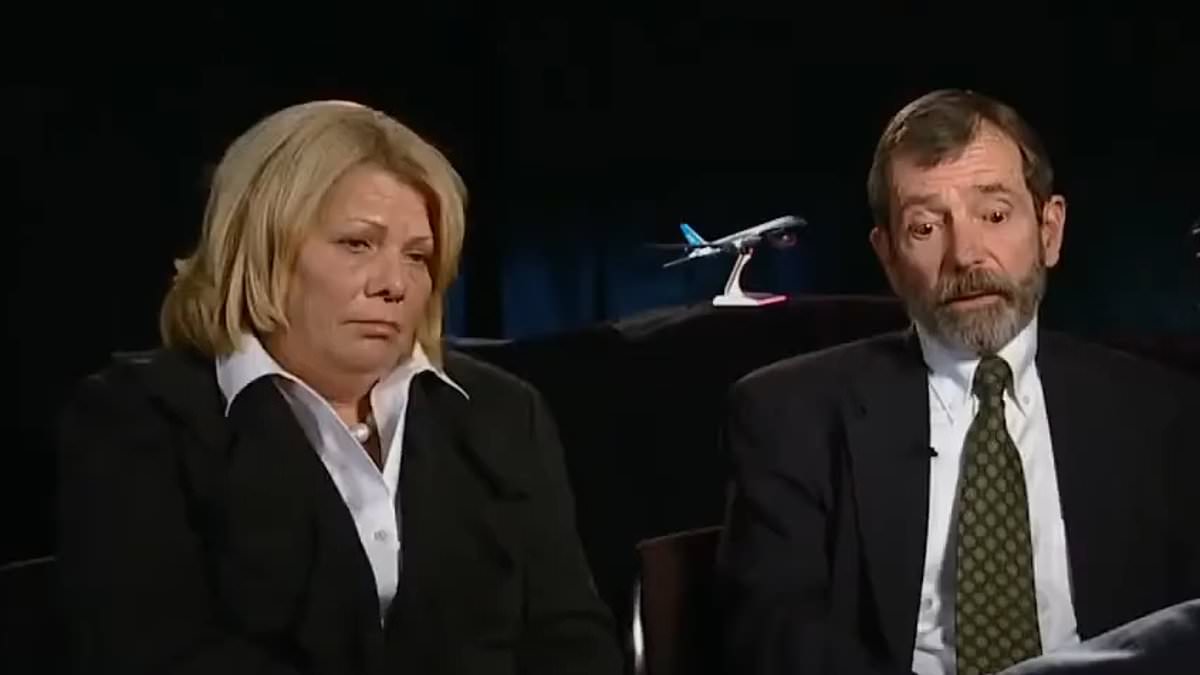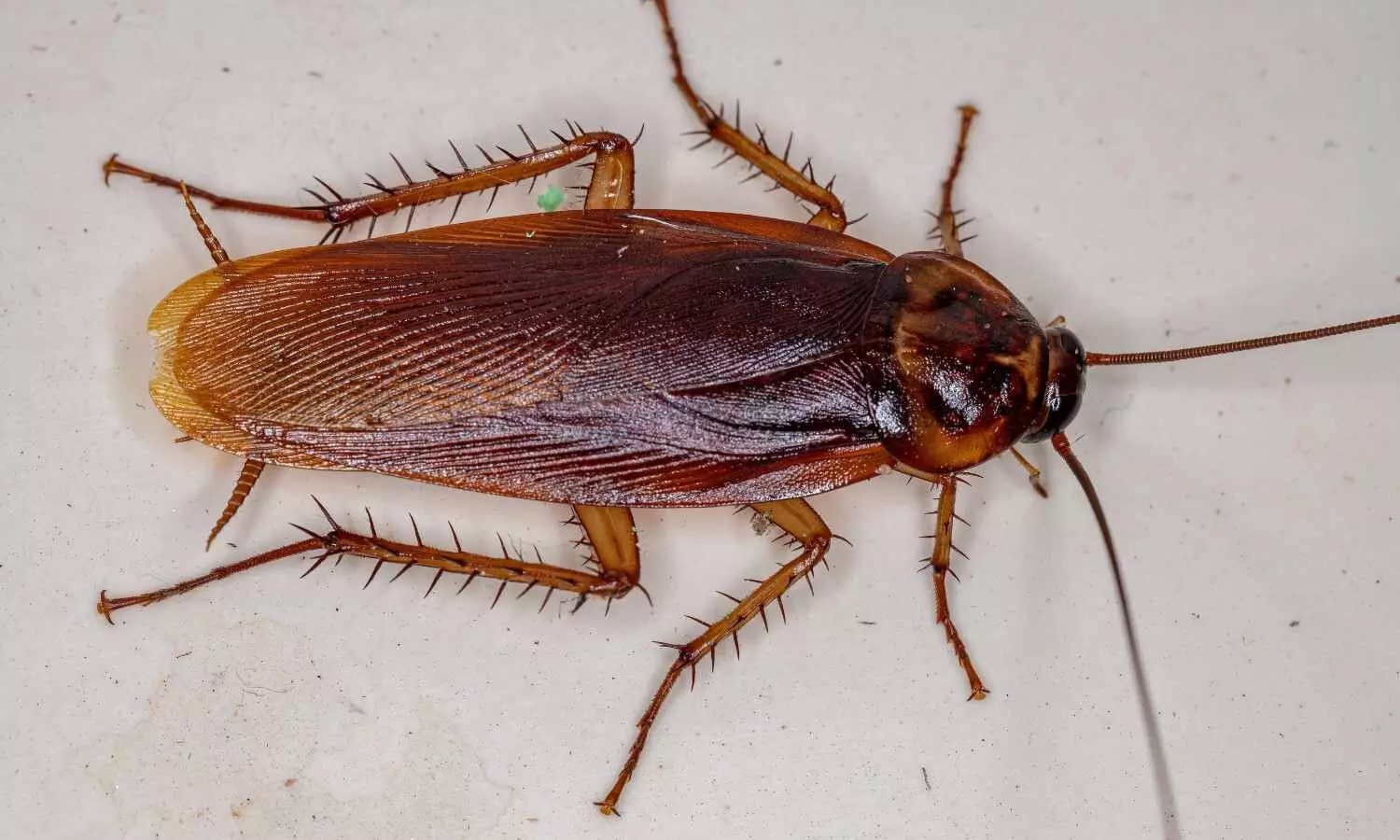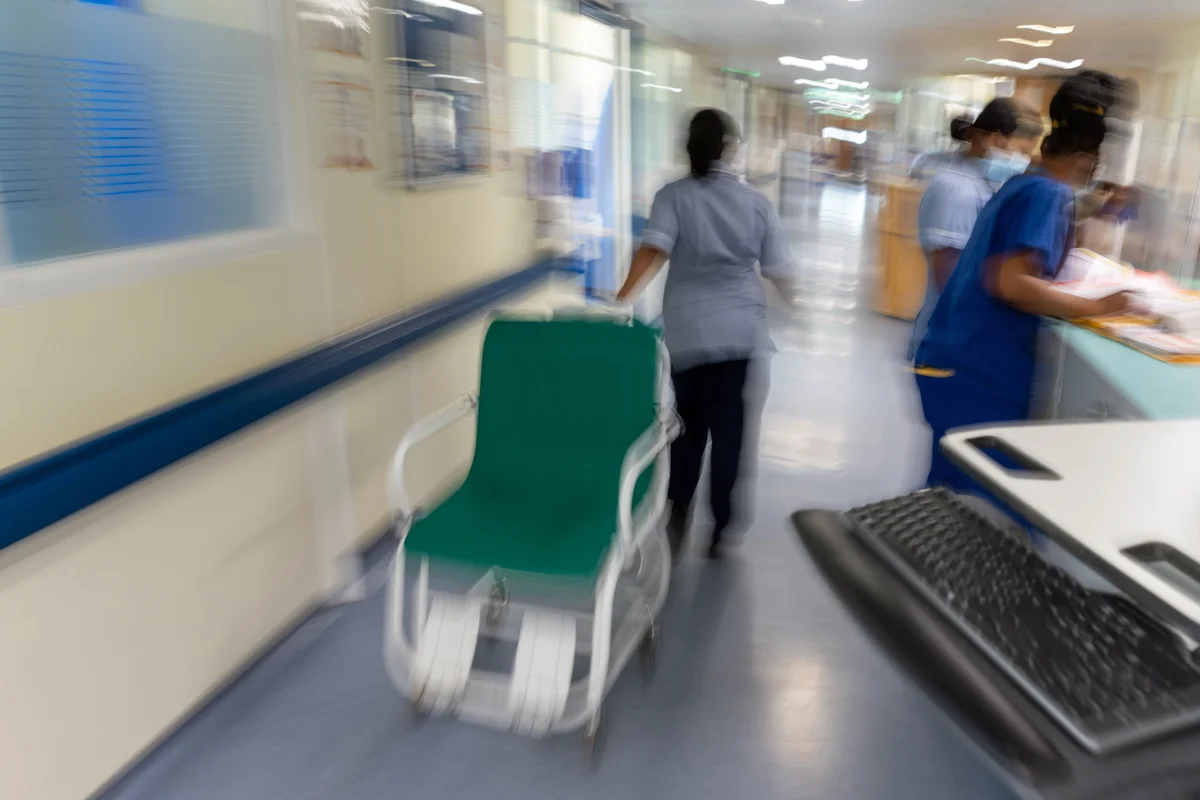Copyright dailymail

A flight crew of seven had their lives drastically changed after spending several hours consuming toxic fumes inside an aircraft. The crew was traveling from Charlotte-Douglas International Airport to Cyril E King Airport on St. Thomas, an island in the Caribbean, and back on January 16, 2010, when they were exposed to the toxic chemical tricresyl phosphate (TSP). As they worked the two flights, flight attendants and the pilots began to experience unstable balance, red eyes, headaches, and an untraceable smell of stinky feet. Little did they know that there was a fume leak in the engine, allowing TSP to flow into the cabin through the bleed air - compressed air taken in through the aircraft's engine and circulated throughout the cabin. 'It ruined my life. It ruined all of our lives,' flight attendant, Sylvia Baird, told The Charlotte Observer, this month. 'We just want people to be aware. To stop it from happening.' Baird, and her fellow US Airways crew members, including Denise Weiss and late pilot Dave Hill, who took his own life following the incident, have experienced years of health problems after the exposure. Passengers on either of the flights have not reported health issues from the TSP exposure. Although the crew's long-term health problems have never been officially proven to be from the prolonged exposure, they're certain it is. The flight from Charlotte to St. Thomas takes around 3.5 hours. Baird and Weiss began noticing an unpleasant odor and redness in their eyes during the first half of the trip. Customers were also requesting ice packs more frequently than other trips, they told The Observer. During a short 30-minute break in St. Thomas, the crew discussed whether or not they should seek medical attention, but ultimately, they decided to just head back to the US - a decision that might have caused their health issues. So, despite their fatigue and drowsiness, they boarded the next flight back to Charlotte with 174 passengers and tried to hide their symptoms from passengers, they said. This time, when the smell returned, the flight attendants searched up and down the aisles in search for the stinky feet they smelled, but they never found a shoeless person. When they were out of earshot of passengers, Baird told Weiss: 'There's something wrong.' As the return trip continued, their worry grew and eventually Weiss headed to the cockpit to tell Hill and First Officer Macon 'Mick' Fowler that everyone was becoming sick. 'Something is not right,' she recalled telling them. The pilots then admitted to each other that they, too, were experiencing the same symptoms. They debated declaring an emergency, but opted against it. Instead, they requested medical attention at the gate. Fowler safely landed the plane and eight passengers were evaluated by medical personnel and later released. The entire crew would have to go to the hospital, as was protocol. Doctors found a heightened amount of carboxyhemoglobin and treated them with supplemental oxygen, they told The Observer. They were released the same day. US Airways later confirmed the fume leak. The pilots later admitted if they had been in the air an extra 15 minutes, both would have been so disoriented that the plane would have crashed. Hill would go on to commit suicide after suffering from long-term health effects, like hand tremors and depression. He also lost his pilot's license in the wake of the incident. Fowler also had his license revoked after both men failed to have their medical certificates renewed after their medical files were requested months after the event. Hill had hoped he'd be well enough to fly again, but that moment never came, his wife Penny Hill told The Observer. Nearly seven years after the horrific flight, Hill shot himself at the age of 67. 'I just wish I had picked up on the signs earlier,' Penny told The Observer. 'But I didn't.' Baird has suffered from a variety of tumors over the years. Weiss suffered from a stroke a few years ago. Neither ailment has been officially connected to the fume exposure. Both women have also experienced similar problems to Hill, such as balance problems and hand tremors. Fowler and another flight attendant died of cancer Several members of the crew lost their ability to fly again, and have since put energy into advocacy, including on Capitol Hill. Baird believes planes should have sensors, like carbon monoxide detectors in homes, to help prevent this from happening again. Those on Capitol Hill told the women that very little would be done as no one had died on the flight.



